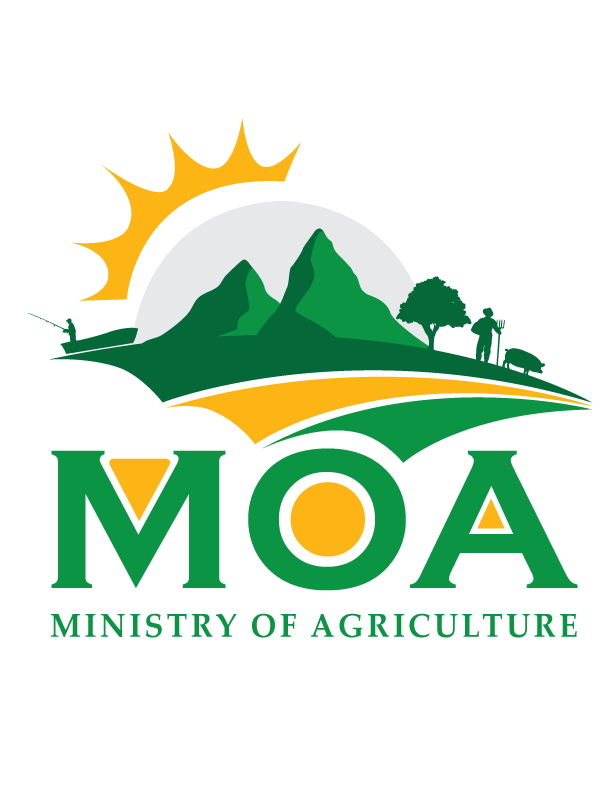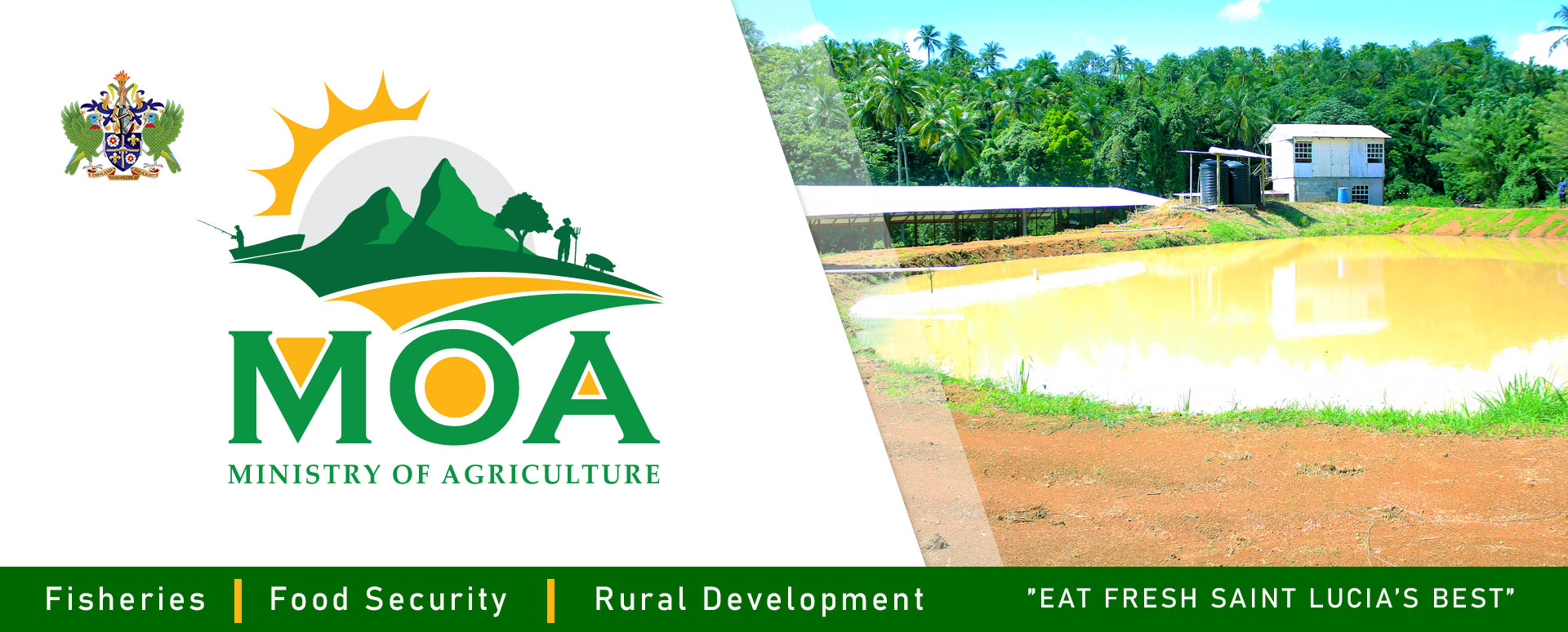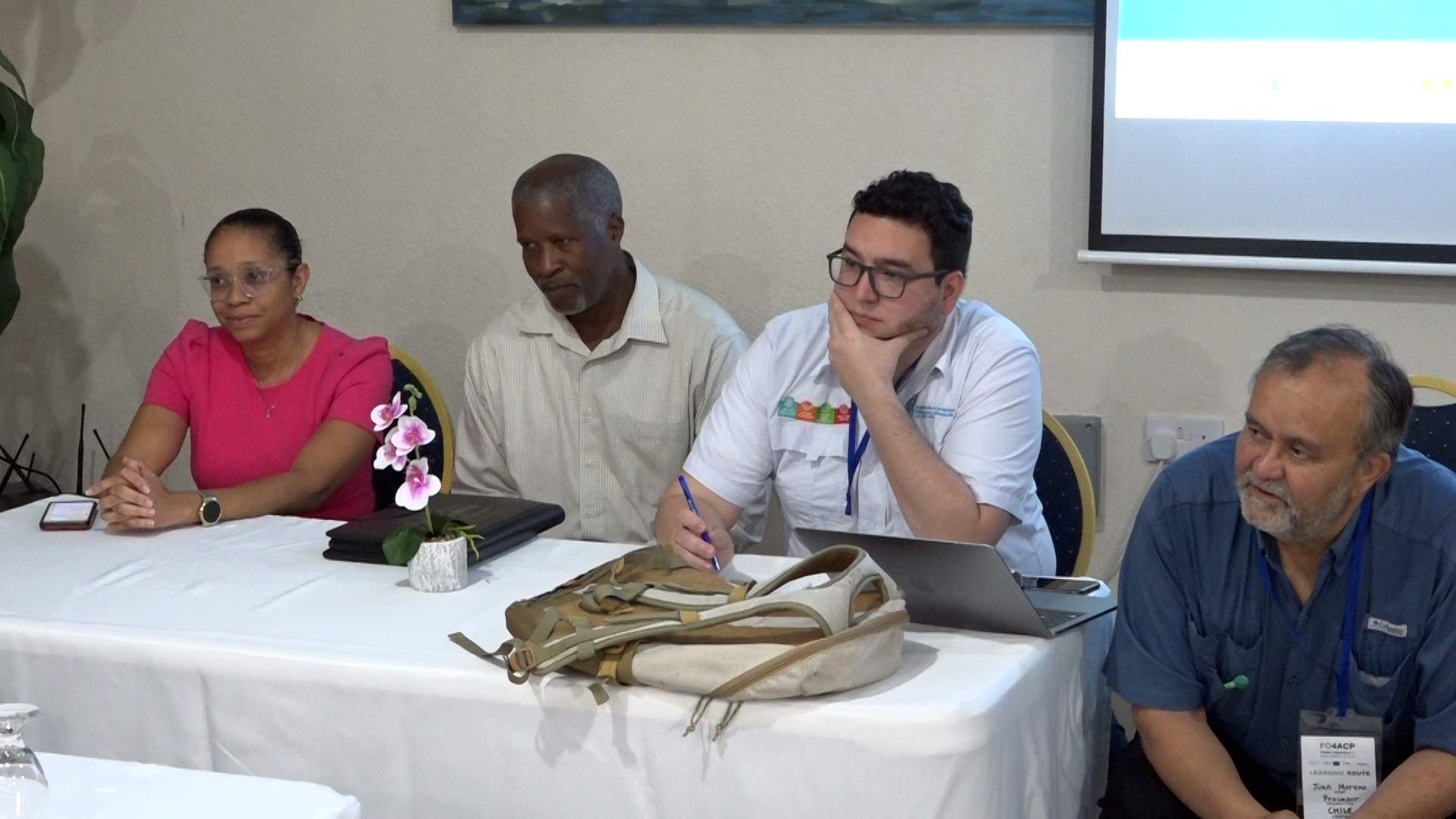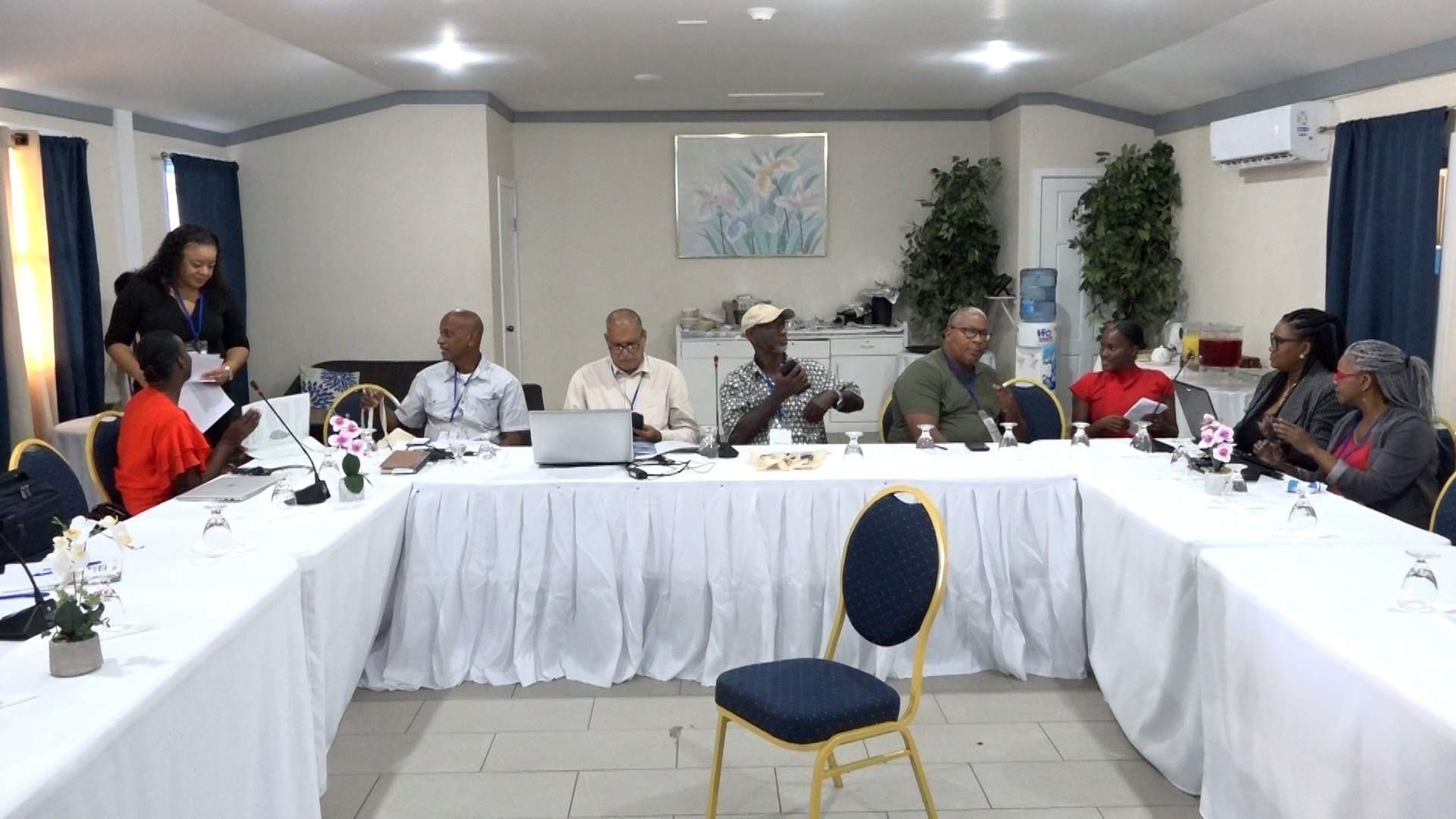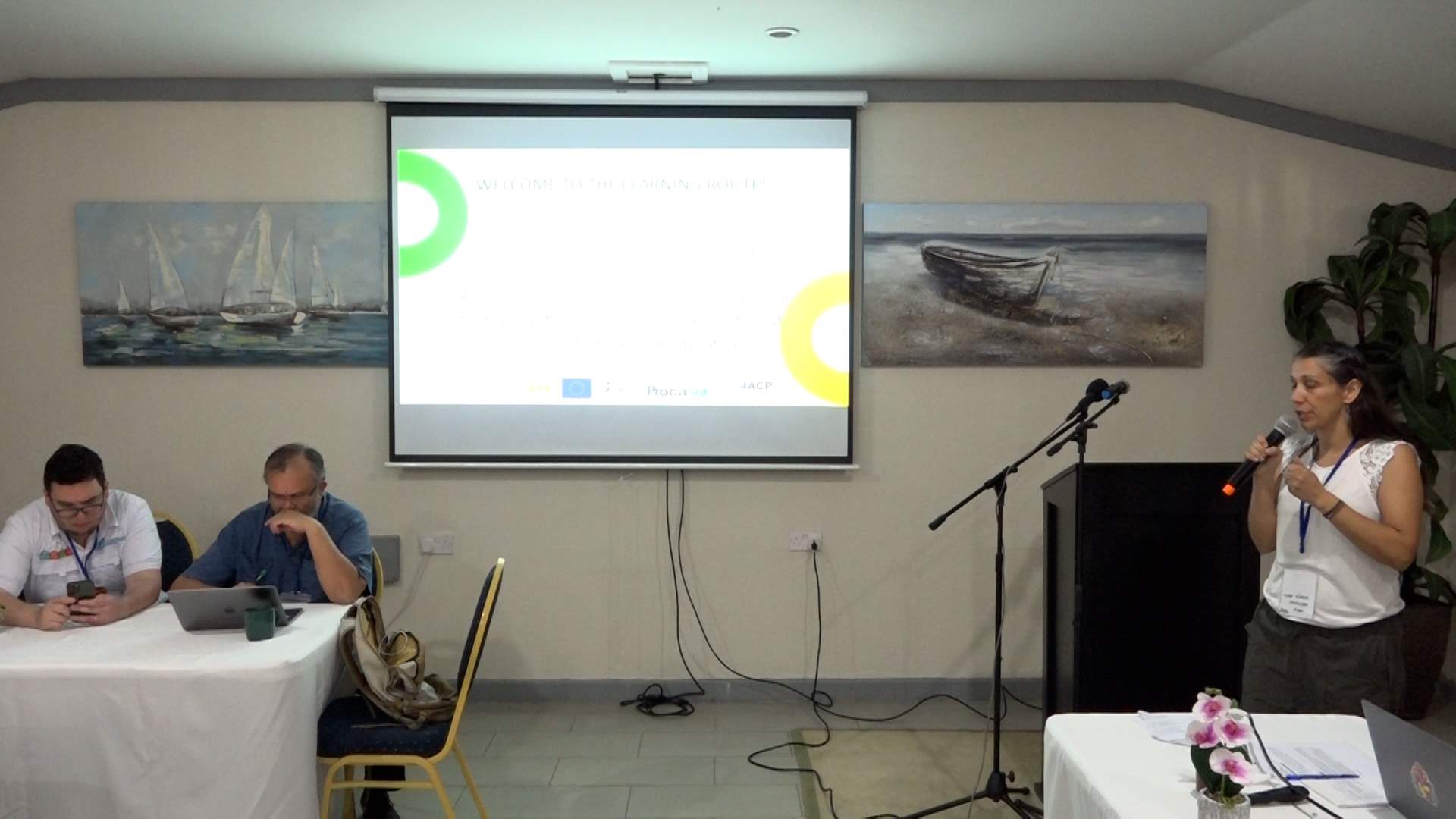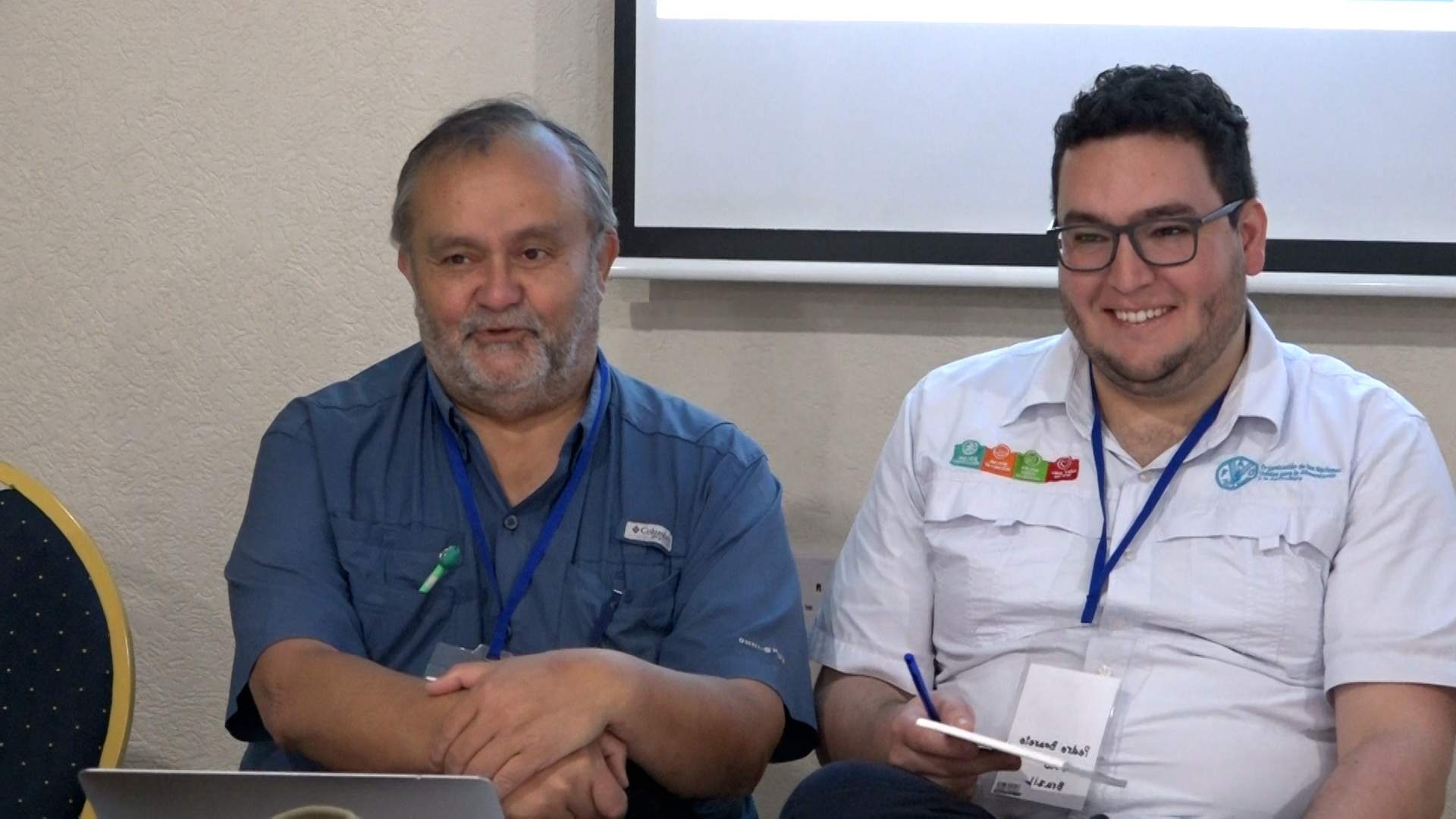
Learning Route Program by Procasur and FO4ACP
October 18, 2023
Play Press Release
In an exceptional collaborative endeavor, Procasur and The Farmers’ Organizations for Africa, Caribbean, and Pacific (FO4ACP) have initiated the “Learning Route” program, as the agriculture ministry continues to revamp and diversify rural technical advisory services.
The “Learning Route,” a collaboration between Procasur and The Farmers’ Organizations for Africa, Caribbean, and Pacific (FO4ACP) program empowers farmer organizations with strategies to invigorate their businesses and enhance their organizational capabilities. The curriculum explores core development strategies, internal processes, best practices, and reshaping the trajectory of rural associative companies, offering valuable insights into effective solutions.
Over the course of five intensive training days, participating farmer organizations from Saint Lucia will engage in analysis and discussion workshops, as well as visits to prominent organizations like the Micoud Chocolate Company and the Blackbay Farmers and Consumers Cooperative.
General Coordinator of the Learning Route, Maria Jose Araya, says that this program is focused on elevating the businesses and associative capacities of small rural producer organizations, with a dedicated commitment to enhancing the incomes and livelihoods of organized smallholders and family farmers in African, Caribbean, and Pacific countries.
“Farmers ’ organizations are a key element in the development of agriculture at the national level. So we need to enhance their performance in order that they can become more productive, they can do better business and they can also offer better services to their members. In this way. We hope that farmer’s organizations can be more vibrant, and can lead and have a very key role in the development of agriculture.“
Chief Executive Officer of Export Saint Lucia, Sunita Daniel, expressed her thoughts on the program during the opening ceremony, emphasizing its alignment with the sector’s needs, particularly in terms of export standards.
“The beautiful thing about this event is that in South America, for example, they are very strong farm organizations. They have a history of strong farm organizations. And for them to be coming now and sharing those experiences with us here. I think it would really assist, for example, the Bellevue farmers who will possibly be one of the top farm organizations in St. Lucia had gone defunct, and I no doubt there are moves towards reestablishing the Bellevue farm organization. So all of those things are really important and really timely, because not only our markets expanding domestically, but they’re also expanding internationally. And if you have farm organizations who can increase production and increase the way that they do business, it only augurs well for the farmers themselves.”
Deputy Director of Agriculture Services, Kemuel Jn Baptist, explains that this program is aligned with the Ministry of Agriculture’s mandate to enhance food and nutrition security. He emphasizes that this alignment is particularly fitting as the ministry is actively pursuing the objectives of Caricom’s “25 by 2025” initiative, which aims to reduce imports by 25% by the year 2025.
“One of the pathways that is absolutely necessary to make that happen is to ensure that we have functional producer cooperatives who understand the plight of small farmers, who understand that we have to be able to represent smaller producers, who understand the need to bring those small producers together so that we can benefit from terms of trade, so we could benefit from scale. So it is really good to know that we have FAO, IICA, Procasur, the ministry, the EU, all these agencies coming together to ensure that the experiences that other producer organizations have can be shared and used to strengthen moving forward.”
The Ministry of Agriculture enthusiastically extends its ongoing commitment to embrace initiatives like the “Learning Route” program, which is dedicated to improving and elevating the agricultural sector while enhancing the livelihoods of farmers and rural communities.
